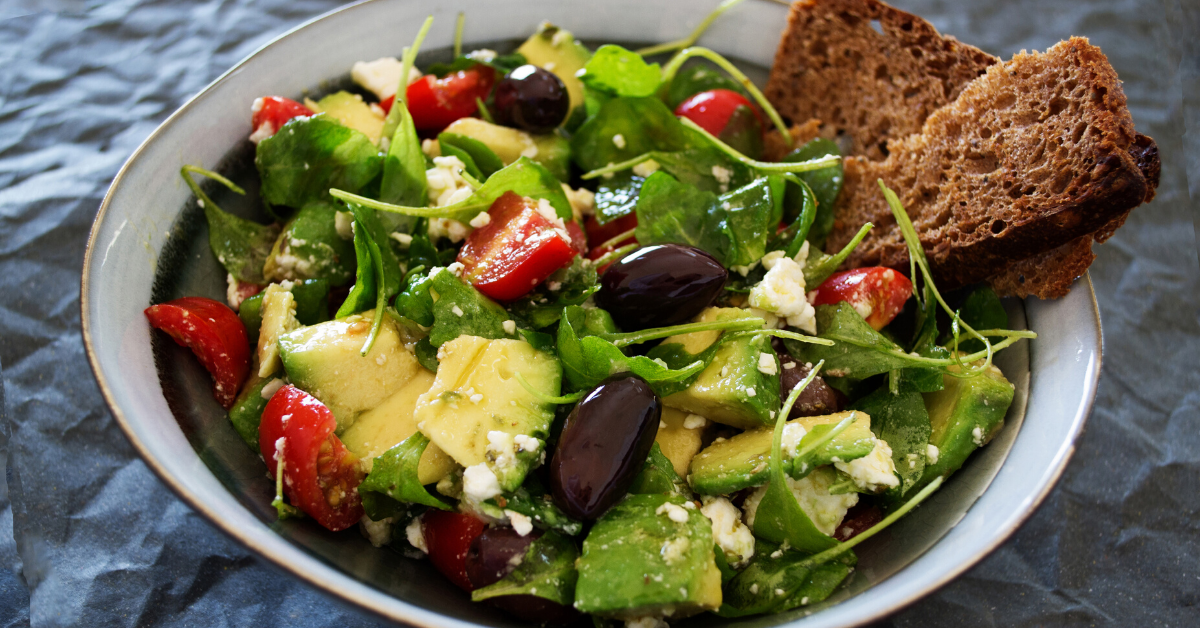Nutrition & What Seniors Need the Most

March is National Nutrition Month! Proper nutrition is critical for healthy development and overall health no matter what your age, although what our bodies need does change as we progress through life.
For seniors, aging bodies require different nutrients than when we are children, teenagers, and even middle-aged adults. Physical changes as we age affect the way our bodies process food, which in turn will affect appetite and what specific things your body needs to function properly.
Here are some of the ways our ability to get proper nutrition changes as we age:
- Digestive System Changes: As we grow older, our bodies produce less of the fluids needed in our digestive tract to digest and process food. This also means we cannot absorb certain nutrients like folic acid and necessary vitamins as efficiently as when we were younger.
- Medication Side Effects: Seniors are more likely to take medications that have side effects that will impact their appetite. Some medications can cause an upset stomach or digestive system discomfort, causing them not to want to or even be able to eat. Side effects could dampen a senior’s appetite making them disinterested in eating.
- Metabolism Slows Down: A slower metabolism happens naturally as we age, but if a senior is sedentary or does not exercise very much, the side effects of a slow metabolism can be amplified. It is important to adjust the number of calories ingested daily to account for more or less activity.
There are some vitamins and minerals all seniors should have in their diet to maximize their nutrition.
Fiber: We need fiber at any age to help our digestive system stay regular and avoid constipation. Feeling constipated can cause discomfort that may lead to a senior not eating and thus not ingesting important nutrients.Fiber can also help lower the risk of heart disease, lower blood sugar levels, and prevent certain types of diabetes.
Foods high in fiber include whole-grain cereals and bread. Oats, sweet potatoes, quinoa, beans, brussel sprouts, and lentils also pack a fibrous punch. Fruits that are high in fiber include bananas, apples, pears, strawberries, and raspberries.
Vitamin B-12: This vitamin is important because it works to keep the body’s nerve and blood cells healthy. It helps to prevent certain types of anemia that can make a person lethargic and weak. Vitamin B-12 supports normal brain function as well as the production of DNA!
Seafood such as clams, tuna, salmon, trout, and sardines are high in B-12, as well as beef and fortified cereals (unprocessed, ready-to-eat packaged cereals like muesli).
Potassium: Potassium is essential for cell function: it works with electrolytes to help our bodies receive nutrients into cells and rid those cells of waste products. For seniors, this mineral will also help with bone strength, reduce the risk of kidney stones, and help reduce blood pressure.
Bananas are the most common food associated with potassium, but other rich foods include oranges, apricots, beans (lima, kidney, soy, and pinto), mushrooms, potatoes, and cooked spinach or broccoli.
Calcium: Calcium’s most important role in the body is to build and maintain strong bones. As we age, we tend to consume less calcium, which can lead to your body leaching the calcium it needs out of your bones. Weak, fragile bones that break or fracture easily and osteoporosis can occur if we do not have enough calcium in our diets. This is especially troublesome for seniors who may have impaired balance and are at a higher risk of falls. Calcium also affects our teeth, heart health, nerve signaling, and muscle function.
Of course, dairy products like cheese, yogurt, and milk are the top foods we think of for calcium. Other foods include various seeds (chia, celery, poppy, and sesame), almonds, rhubarb and beans, and lentils.
Vitamin D: Along with calcium, seniors also need Vitamin D, which helps the body absorb calcium, prevent osteoporosis, and maintain bone density. Studies about Vitamin D suggest it may also protect against some chronic diseases like cancer, diabetes, and some autoimmune diseases.
There are not many foods that naturally contain Vitamin D; however, it can be found in eggs, tuna, and salmon. Sunlight is also a source of Vitamin D, although as we age, our skin becomes less efficient at producing the vitamin from sunlight exposure.
Celebrate National Nutrition Month
With a focus on nutrition happening all month long, this is a good time to re-examine the nutritional needs, and actual foods ingested for either yourself or a senior loved one. The dietary staff at all Heritage homes can offer guidance and expertise on what foods your loved one needs to feel their best and be their healthiest self. Special menus for a variety of diets are available to ensure all of our residents are eating the right foods for their individual needs.
Learn more about our services and our locations by visiting our website: HeritageOfCare.com.
